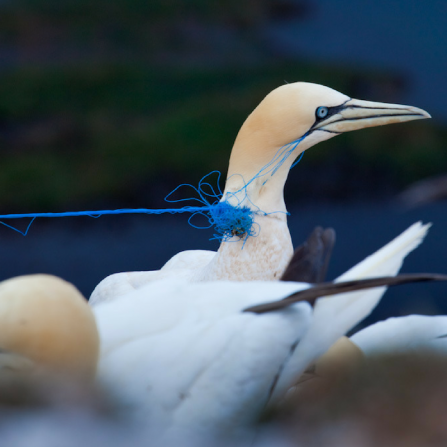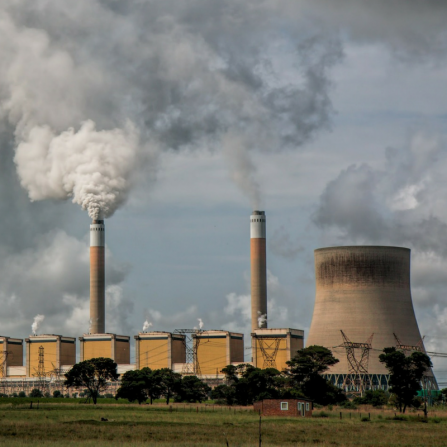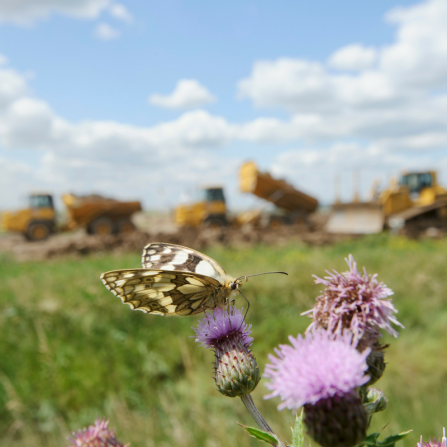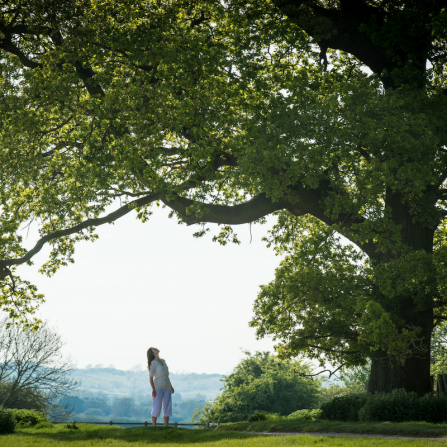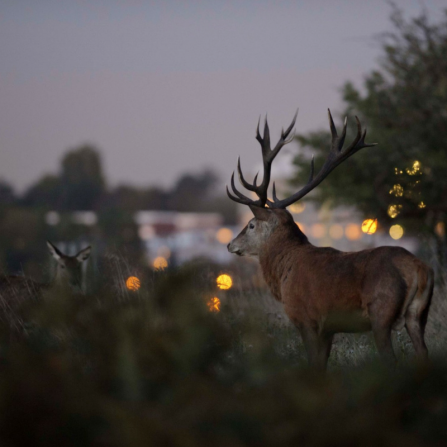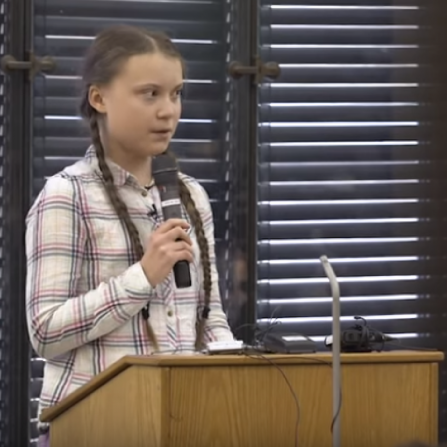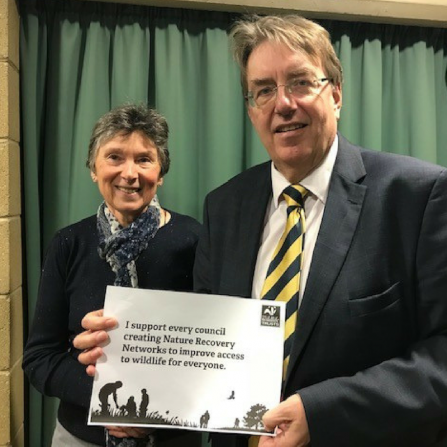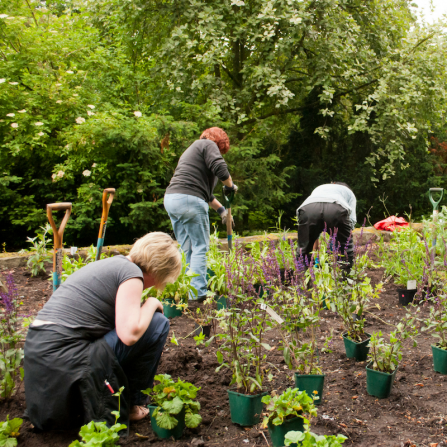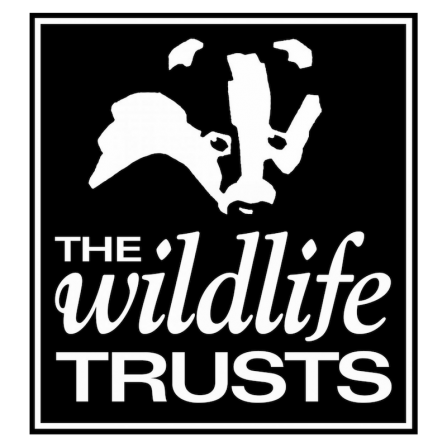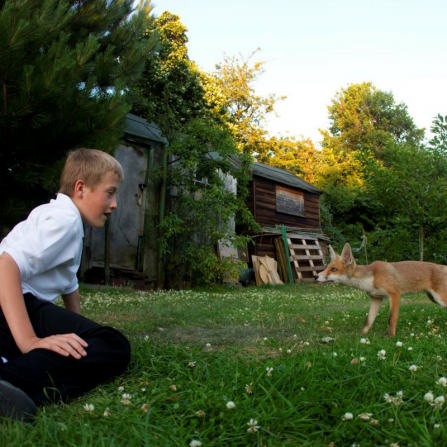Nature provides us with the food we eat, the water we drink and the air we breathe - as well as more beauty and moments of personal inspiration than we can quantify. So when a 1,800 page UN report from 150 experts warns us with grim clarity that nature is in serious trouble, we should pay attention.
This week, a new UN report has revealed the devastating impact of humans on nature. The global assessment of nature compiled by the Intergovernmental Science-Policy Platform on Biodiversity and Ecosystem Services (IPBES) is the first to take such a broad view of the damage humans are doing to nature – and it confirms some of our worst fears about the state of our world.
It reveals not only that nature is in serious trouble – but also how much humans depend on nature for their very survival. It has never been more urgent to halt the crisis we have caused.
We pull out some of the key messages from the report – as well as five things we can all do to help reverse the crisis faced by the natural world.
Five things we've learned from the IPBES report.


